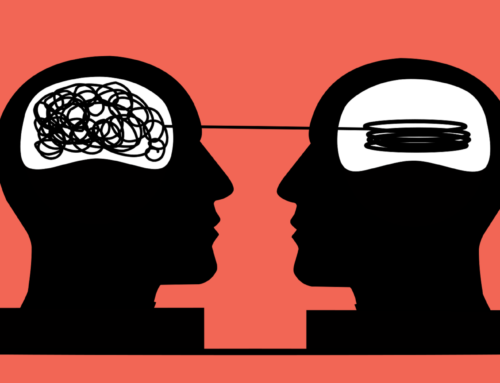An increasing dependency on activities associated with the brain’s excitement-pleasure circuitry is partly to blame for the rising levels of anxiety and depression in teenagers today. Prominent in this cerebral circuitry is social media.
A psychiatrist speaking to a group of teachers at the beginning of the school year warned of the “anxiety tsunami” that was about to strike this generation of students. “It’s already arrived,” whispered the welfare co-ordinator sitting directly behind me. Unsurprisingly, most teachers attending the “The Science of Happiness” forum organised by the school I teach at agreed.
According to statistics provided by beyondblue, it is estimated that in any one year, around 1 million Australian adults will experience depression, and more than 2 million will have anxiety. What’s more, one in 14 young Australians (6.9 per cent) aged 4-17 experienced an anxiety disorder in 2015. This is equivalent to approximately 278 000 young people.
It is heartbreaking to see bright and seemingly happy students withdraw from school because of their inability to get out of bed. And it is particularly devastating for parents to see their once upbeat child broken by a malady that they did not see coming. Even for those who did detect something amiss, many had little idea on how to assist.
As one parent put it, “With a physical illness the family is in it together, but with a mental illness everyone feels alone.”
Another parent described it as “watching your child bobbing up and down like a cork at sea and unable to reach them”.
While there is a range of complex epidemiological reasons for mental illness, the keynote speaker at the forum, Dr Tony Fernando from the University of Auckland, pointed to an increasing dependency on activities associated with the brain’s excitement-pleasure circuitry for the rising levels of anxiety and depression in teenagers today. Prominent in this cerebral circuitry is social media.
– Chris Fotinopoulos
Read More: Clicks and likes contributing to a teen anxiety crisis







Leave A Comment